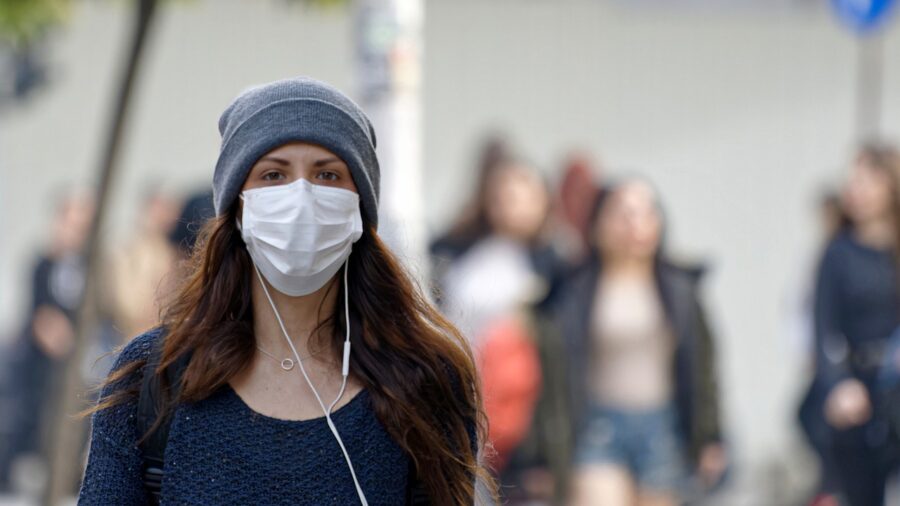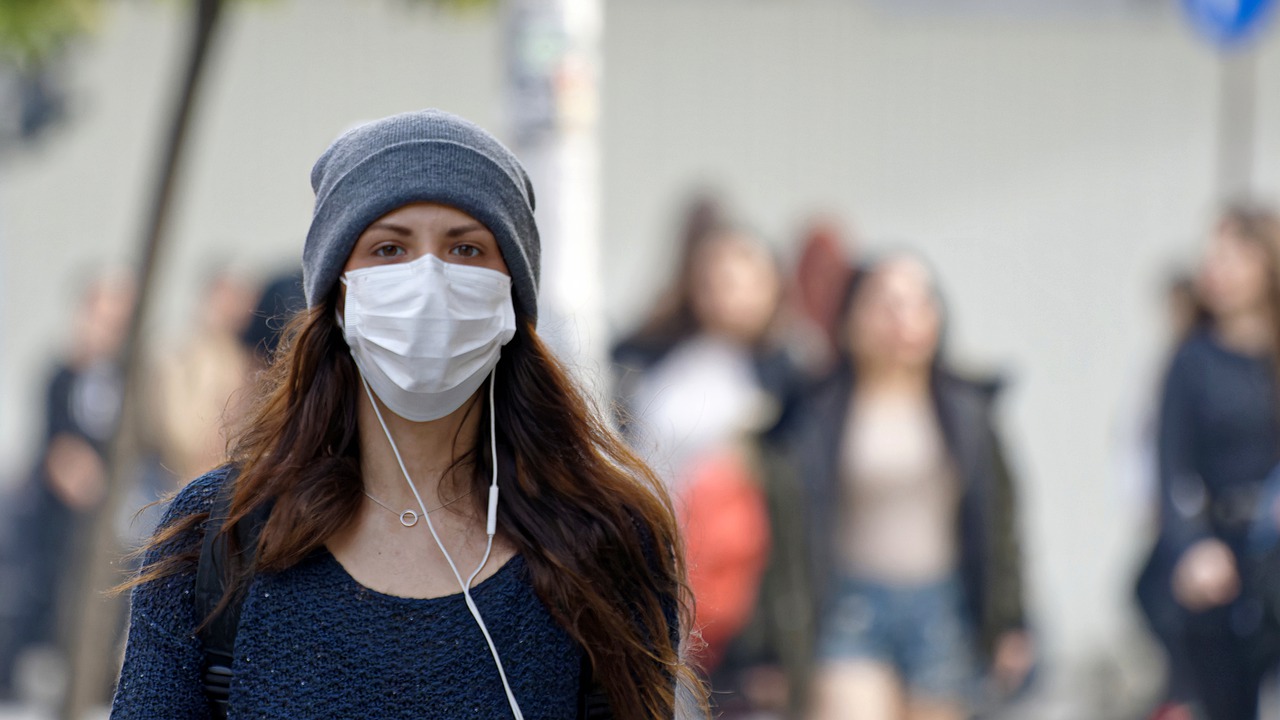
B.1.1.529 Designated as Variant of Concern, Named Omicron, by WHO
B.1.1.529 has a name. Omicron. The 15th letter of the Greek alphabet. After a special assessment today by a Technical Advisory Group to assess if B.1.1.529’s mutations could alter the behaviour of the Covid-19 virus, the new variant – identified in South Africa this week – was designated as a Variant of Concern (VOC) by […]

B.1.1.529 has a name. Omicron. The 15th letter of the Greek alphabet. After a special assessment today by a Technical Advisory Group to assess if B.1.1.529’s mutations could alter the behaviour of the Covid-19 virus, the new variant – identified in South Africa this week – was designated as a Variant of Concern (VOC) by the World Health Organisation (WHO).
Based on the evidence presented, which was “indicative of a detrimental change in COVID-19 epidemiology”, the Technical Advisory Group advised WHO that this variant should be designated as a VOC. The WHO has thus designated B.1.1.529 as a VOC, and named it Omicron.
Evidence presented included:
- South Africa first reported the variant to WHO on 24 November.
- In recent weeks, infections have increased steeply in South Africa, coinciding with the detection of B.1.1.529 variant.
- The first known confirmed B.1.1.529 infection was from a specimen collected on 9 November 2021.
- The variant has a large number of mutations, some of which are concerning.
- Preliminary evidence suggests an increased risk of reinfection, as compared to other VOCs.
- The number of cases of this variant appears to be increasing in almost all provinces in South Africa.”
“Current SARS-CoV-2 PCR diagnostics continue to detect this variant. Several labs have indicated that for one widely used PCR test, one of the three target genes is not detected (called S gene dropout or S gene target failure) and this test can therefore be used as marker for this variant, pending sequencing confirmation,” said WHO in a press statement. “Using this approach, this variant has been detected at faster rates than previous surges in infection, suggesting that this variant may have a growth advantage.”
There are a number of studies underway and the group will continue evaluating this variant.
As a VOC, countries are asked by WHO to do several things including enhanced surveillance and sequencing efforts, reporting of initial cases and clusters, perform laboratory assessments etc.
“Individuals are reminded to take measures to reduce their risk of COVID-19, including proven public health and social measures such as wearing well-fitting masks, hand hygiene, physical distancing, improving ventilation of indoor spaces, avoiding crowded spaces, and getting vaccinated,” said WHO.
What is a SARS CoV-2 Variant of Interest (VOI)?
WHO explains that this is a variant “with genetic changes that are predicted or known to affect virus characteristics such as transmissibility, disease severity, immune escape, diagnostic or therapeutic escape; AND that has been identified as causing significant community transmission or multiple COVID-19 clusters, in multiple countries with increasing relative prevalence alongside increasing number of cases over time, or other apparent epidemiological impacts to suggest an emerging risk to global public health.”
What is a SARS CoV-2 Variant of Concern (VOC)?
A VOC (such as Omicron) is a variant that meets the definition of a VOI (above) AND through a comparative assessment, has been demonstrated to be associated with one or more of the following changes at a degree of global public health significance:
- increase in transmissibility or detrimental change in COVID-19 epidemiology; OR
- increase in virulence or change in clinical disease presentation; OR
- decrease in effectiveness of public health and social measures or available diagnostics, vaccines, therapeutics
As a precautionary measure, several countries around the world including the UK, US and EU have temporarily put South Africa on their Red Lists, in an attempt to stave off the spread of the VOC until more is known about it.
